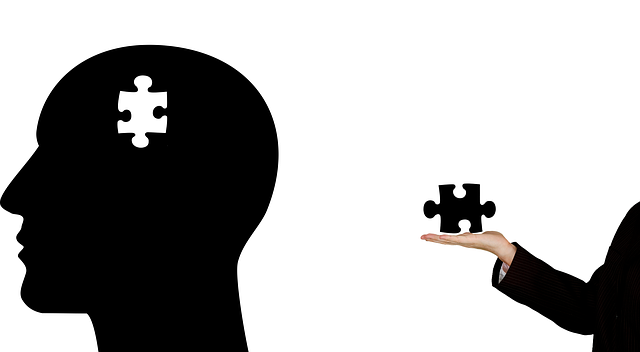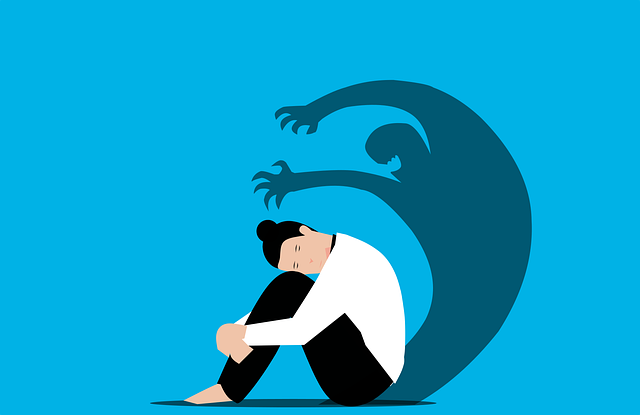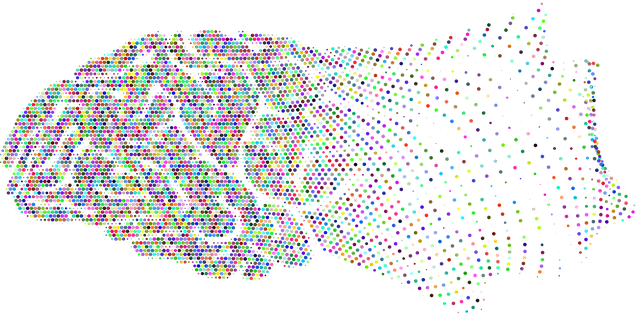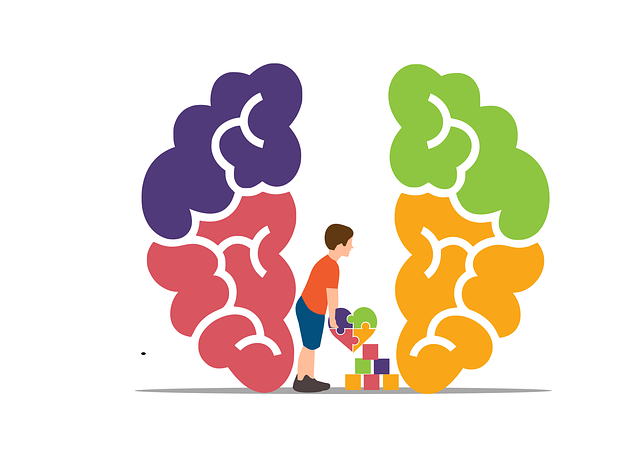In the digital age, mental wellness apps like Parker ADD-ADHD Therapy are revolutionizing access to personalized therapy for conditions such as ADD-ADHD. By combining evidence-based practices with innovative features like structured routines, mindfulness exercises, and adaptive learning, these apps offer convenient tools for stress management and burnout prevention. Incorporating progress tracking, goal setting, and online communities fosters connections and enhances well-being. Effective marketing strategies and continuous user feedback ensure the app remains relevant and tailored to diverse mental health needs, contributing to improved outcomes.
Mental wellness app development is transforming access to personalized therapy and support. In this digital age, apps like the Parker ADD-ADHD Therapy App are revolutionizing care for individuals with attention-deficit/hyperactivity disorders (ADHD). This article explores the intersection of mental health technology, focusing on understanding ADHD in the digital realm and how apps can provide tailored interventions backed by evidence-based practices. We delve into the key features that make Parker ADD-ADHD Therapy App effective, marketing strategies for reaching users, and continuous improvement through user feedback.
- Understanding Mental Health and ADD-ADHD in the Digital Age
- The Role of Apps in Personalized Therapy and Support
- Designing Effective Features for Parker ADD-ADHD Therapy App
- Incorporating Evidence-Based Practices into the App Development Process
- Marketing, User Feedback, and Continuous Improvement Strategies
Understanding Mental Health and ADD-ADHD in the Digital Age

In today’s digital age, understanding mental health and conditions like ADD-ADHD (Parker ADD-ADHD Therapy) has evolved significantly. While technology offers innovative solutions for treatment and support, it also brings new challenges, particularly in reducing the stigma surrounding mental illness. Apps designed to assist with mental wellness must navigate these complexities, focusing not only on providing accessible resources but also fostering an inclusive environment that encourages users to seek help without fear of judgment.
The importance of these efforts cannot be overstated, especially when considering the impact of stress management for individuals with ADD-ADHD. Effective digital tools should incorporate features tailored to their unique needs, such as structured routines, mindfulness exercises, and adaptive learning algorithms. Moreover, integrating risk management planning into app development is crucial for mental health professionals who rely on these platforms as part of their practice. By addressing these aspects, mental wellness apps can become powerful allies in the ongoing battle against mental illness stigma and contribute to overall well-being.
The Role of Apps in Personalized Therapy and Support

Mental wellness apps are transforming the way individuals access personalized therapy and support. These digital tools offer a convenient and accessible approach to self-care practices, catering to diverse needs, including those with ADD-ADHD. Apps designed for therapeutic purposes often incorporate interactive features such as mindfulness exercises, mood tracking, and automated reminders, encouraging consistent engagement in burnout prevention strategies for healthcare providers. By providing a structured yet flexible framework, these apps enable users to manage their mental health effectively from the comfort of their homes.
Moreover, mental wellness apps can foster connections and facilitate conflict resolution techniques among users. Online communities built within these platforms allow individuals to share experiences, offer mutual support, and gain different perspectives on various mental health challenges. This sense of belonging can significantly contribute to improved well-being. With features tailored to track progress and set achievable goals, users are empowered to take ownership of their mental health journey, ultimately fostering a more holistic approach to wellness.
Designing Effective Features for Parker ADD-ADHD Therapy App

Developing a Parker ADD-ADHD Therapy app requires a deep understanding of the unique needs and challenges faced by individuals with Attention Deficit Hyperactivity Disorder (ADHD). Effective features should centre around evidence-based practices, such as mindfulness meditation techniques, to help users cultivate focus and self-regulation. Integrating regular practice sessions tailored to individual needs ensures engagement and progress.
Incorporating Mind Over Matter principles into the app’s core curriculum can empower users with coping mechanisms and strategies for managing symptoms. Interactive tools that teach communication strategies, time management skills, and organization techniques enable users to actively participate in their treatment. Regular feedback mechanisms and adaptive learning paths further enhance the app’s effectiveness by personalizing the therapeutic journey for each user.
Incorporating Evidence-Based Practices into the App Development Process

Incorporating evidence-based practices into mental wellness app development is a pivotal step to ensuring its efficacy and user engagement. Apps like Parker ADD-ADHD Therapy exemplify this approach, utilizing research-backed techniques to treat attention-deficit/hyperactivity disorder (ADD/ADHD). By integrating Self-Care Practices tailored for individual needs, these apps offer personalized experiences that resonate with users. Such practices could range from mindfulness exercises and cognitive-behavioral therapy (CBT) techniques to stress management strategies.
The app development process should consider not only the latest trends but also the evidence-based foundations of mental health support. Incorporating features inspired by Mental Wellness Podcast Series Production and Mental Health Education Programs Design can further enrich the user experience. For instance, incorporating educational content that raises awareness about various mental health conditions fosters a supportive community where users learn from each other’s experiences. This holistic approach not only enhances app usability but also contributes to improving overall mental wellness among its users.
Marketing, User Feedback, and Continuous Improvement Strategies

Effective marketing strategies are paramount for the successful launch and growth of any mental wellness app, such as Parker ADD-ADHD Therapy. Leveraging digital platforms, social media campaigns, and content marketing can help attract users seeking Anxiety Relief and Self-Awareness Exercises. Collaborating with influencers, therapists, and healthcare professionals can further enhance credibility and reach. User feedback is another vital component of continuous improvement. Collecting and analyzing user reviews, survey responses, and in-app feedback allows developers to identify areas for enhancement and tailor features to better serve the target audience.
Implementing strategies for continuous improvement ensures that the app remains relevant and engaging over time. Incorporating user suggestions, staying updated with the latest research in Mental Wellness, and regularly updating content can foster user retention. By embracing a dynamic approach, the developers of Parker ADD-ADHD Therapy can ensure that the app not only meets but exceeds user expectations, ultimately contributing to improved mental health outcomes for its users.
The development of mental wellness apps, such as the Parker ADD-ADHD Therapy App, presents a promising avenue for personalized therapy and support. By incorporating evidence-based practices and effective features, these apps can significantly enhance individuals’ access to care and improve their overall mental health outcomes. As the digital age continues to evolve, it’s crucial for developers to prioritize user feedback and employ marketing strategies that foster continuous improvement, ultimately making these tools more accessible and beneficial for those seeking support for ADD-ADHD and other mental health concerns.














